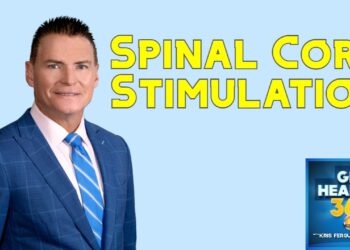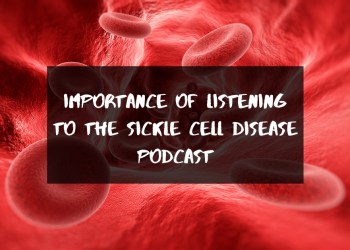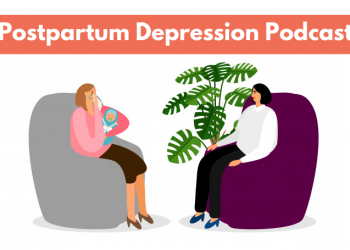Do glucosamine supplements really help knee & back pain?

Studies in general are lacking regarding the effectiveness of dietary supplements for low back and/or knee pain. This military study suggests a combination of glucosamine HCl (1,500 mg/day), chondroitin sulfate (1,200 mg/day), and manganese ascorbate (228 mg/day) can help with chronic knee pain. The study did not show a benefit or problem for low back pain. There were no adverse side effects with supplementation. With no down side and only possible benefit, a course of glucosamine, chondroitin and manganese seems reasonable for chronic knee pain and possibly low back pain.
The Research
Mil Med. 1999 Feb;164(2):85-91.
Glucosamine, chondroitin, and manganese ascorbate for degenerative joint disease of the knee or low back: a randomized, double-blind, placebo-controlled pilot study.
Leffler CT1, Philippi AF, Leffler SG, Mosure JC, Kim PD.
- 1Medical Department, Naval Special Warfare Group Two, Naval Amphibious Base Little Creek, Norfolk, VA 23521, USA. occdr@aol.com
Abstract
OBJECTIVE:
A 16-week randomized, double-blind, placebo-controlled crossover trial of a combination of glucosamine HCl (1,500 mg/day), chondroitin sulfate (1,200 mg/day), and manganese ascorbate (228 mg/day) in degenerative joint disease (DJD) of the knee or low back was conducted.
METHODS:
Thirty-four males from the U.S. Navy diving and special warfare community with chronic pain and radiographic DJD of the knee or low back were randomized. A summary disease score incorporated results of pain and functional questionnaires, physical examination scores, and running times. Changes were presented as a percentage of the patient’s average score.
RESULTS:
Knee osteoarthritis symptoms were relieved as demonstrated by the summary disease score (-16.3%; p = 0.05), patient assessment of treatment effect (p = 0.02), visual analog scale for pain recorded at clinic visits (-26.6%; p = 0.05) and in a diary (-28.6%; p = 0.02), and physical examination score (-43.3%; p = 0.01). Running times did not change. The study neither demonstrated, nor excluded, a benefit for spinal DJD. Side effect frequency was similar to that at baseline. There were no hematologic effects.
CONCLUSIONS:
The combination therapy relieves symptoms of knee osteoarthritis. A larger data set is needed to determine the value of this therapy for spinal DJD. Short-term combination therapy appears safe in this setting.











